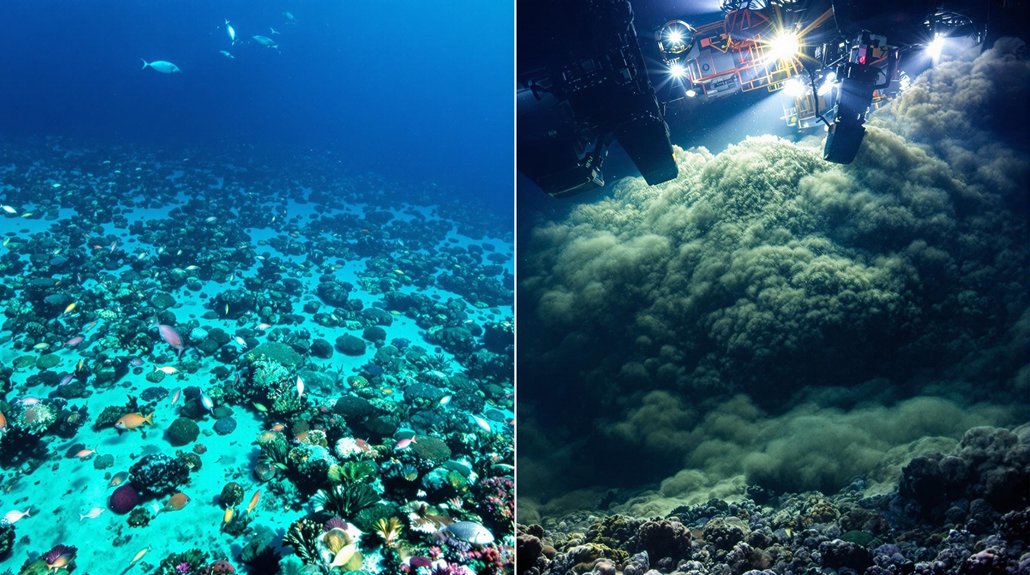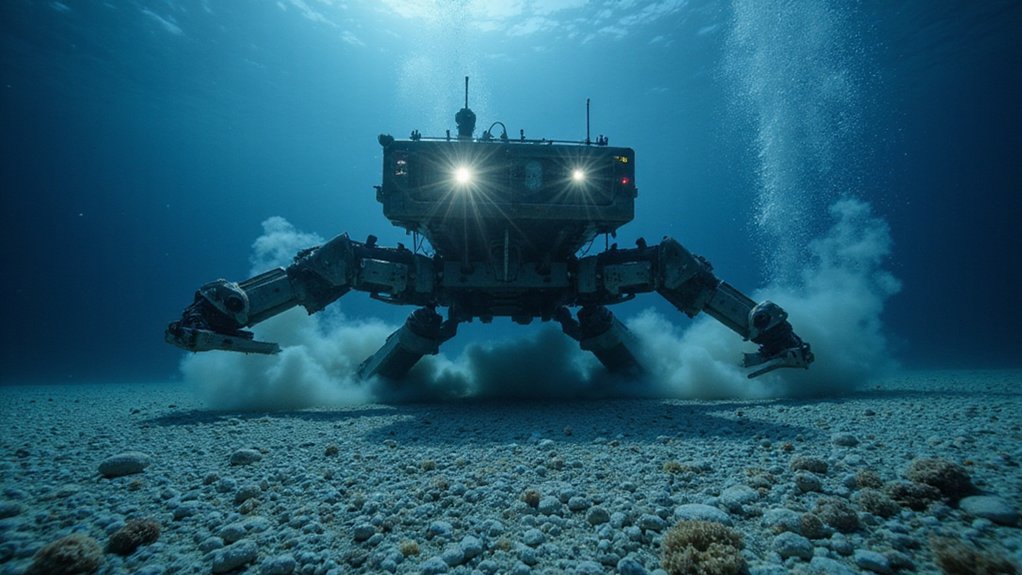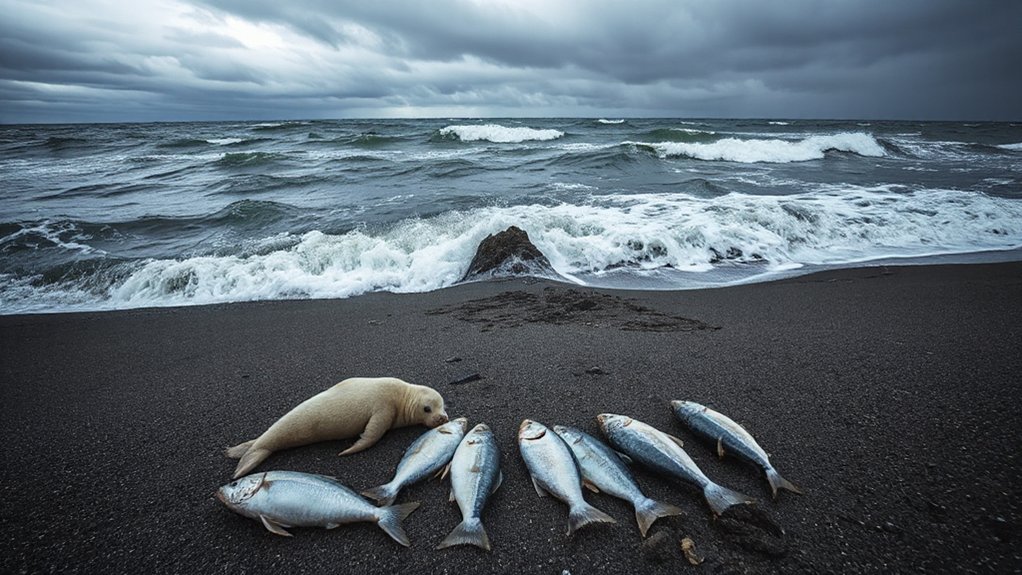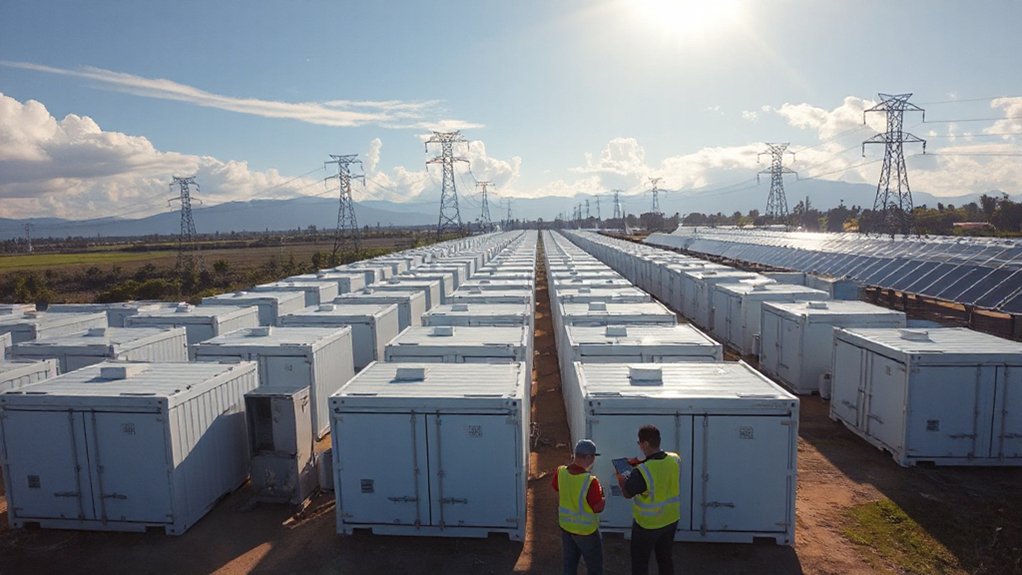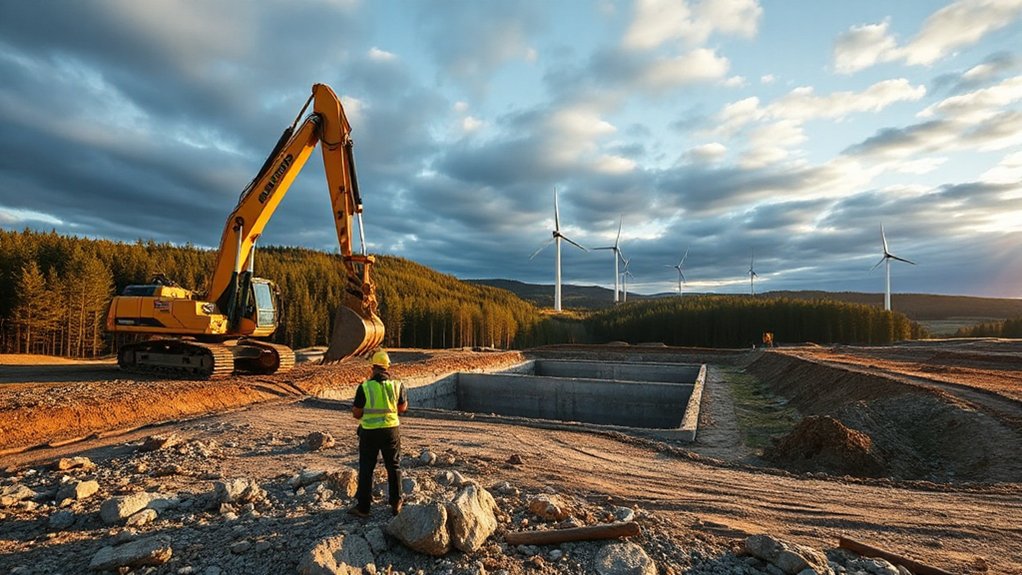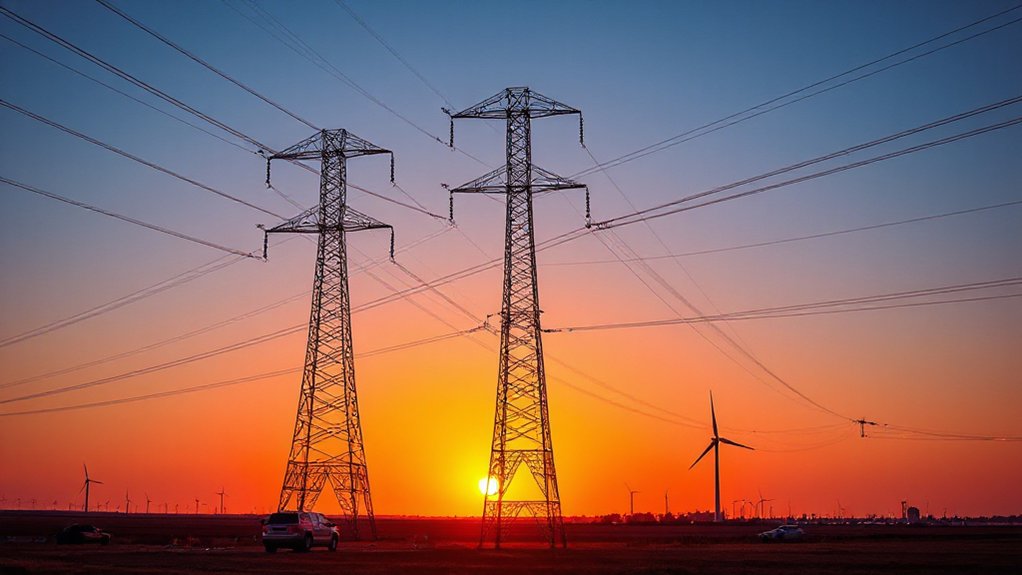Pacific nations are taking a stand against China’s aggressive pursuit of seabed minerals worth an estimated $20 trillion. The Melanesian Spearhead Group’s Udaune Declaration aims to halt deep-sea mining while China races to start extraction by 2030. Local communities prioritize fish stocks and marine ecosystems over quick profits. With critical minerals for EVs and military hardware at stake, this underwater showdown pits indigenous sovereignty against industrial ambitions. The ocean floor hides more than just treasure.
While Pacific nations rally to protect their ocean floors, China and the U.S. are locked in an underwater chess match worth $20 trillion. The stakes couldn’t be higher.
Last August, the Melanesian Spearhead Group slammed the brakes on deep-sea mining with their Udaune Declaration. Fiji, PNG, Solomon Islands, Vanuatu, and New Caledonia aren’t playing around. Twenty-five countries now back a global moratorium, with local civil society groups pushing hard against the mining industry. Guess they’re fond of having fish to eat and oceans that don’t look like Swiss cheese.
China, meanwhile, isn’t exactly being subtle. They’re building ports, airports, and telecom networks across the Pacific like it’s a regional Monopoly board. Go directly to resource domination, do not pass environmental impact assessment.
Chinese companies are eyeing those seabeds hungrily, ready to start extracting by 2030, while simultaneously wielding outsized influence at the International Seabed Authority. Convenient timing.
America’s response? Underwhelming, to put it kindly. The U.S. lacks coherent policy and meaningful engagement at the ISA. They’re advocating “caution” while fundamentally sitting on their hands. Ocean science expertise, data collection capabilities—all gathering dust. Leadership vacuum, anyone?
The treasure trove below contains critical minerals for EVs, solar panels, and military hardware. But there’s a catch. The mining could devastate marine ecosystems still barely understood by scientists. Tuna populations—economic lifelines for Pacific communities—face serious risks. Not to mention the cultural significance these waters hold for Indigenous peoples throughout the region. Much like how EROI rates have declined in conventional oil extraction, the energy costs of deep-sea mining could prove prohibitively expensive compared to the returns.
Technical hurdles remain substantial. No insurance market exists. The ISA mining code has holes bigger than the ones miners want to dig. And enforcement? Good luck with that in international waters.
Local communities are fighting back, joining forces across islands. Greenpeace is amplifying their voices. But when $20 trillion is at stake, money talks. The question is whether Pacific nations can shout louder than China’s checkbook. This competition represents a modern Great Game unfolding across the Pacific, with shipping lanes and seabed minerals as the ultimate prizes.
